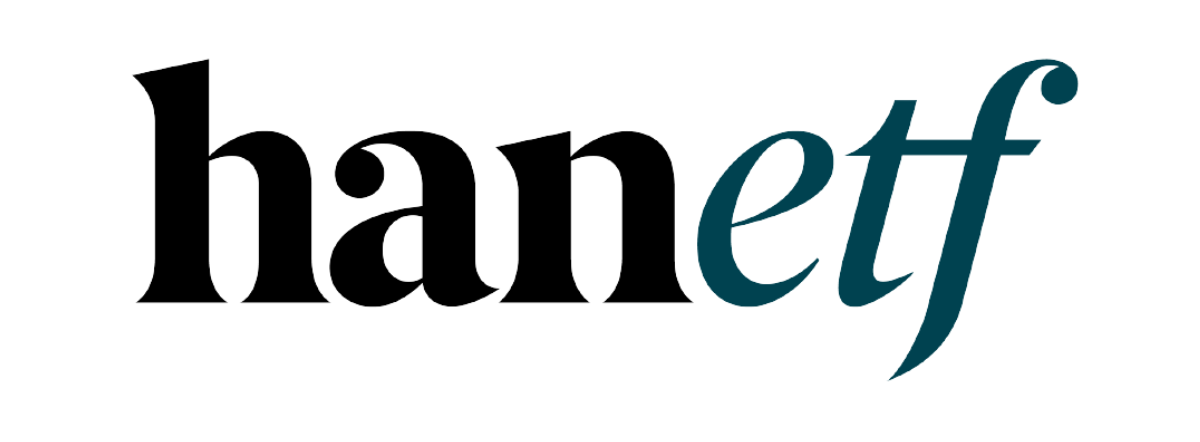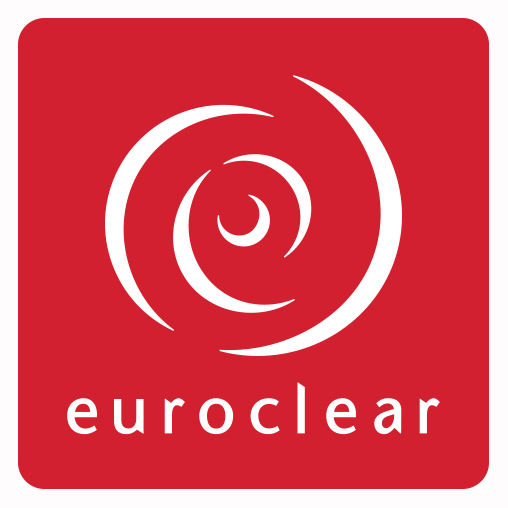Asset managers from across the world are increasingly looking to enter Europe via the UCITS ETF structure in a bid to target a global investor base.
The framework has long been considered the gold standard due to its regulatory and governance structure, as well as the preferential tax treatment of UCITS vehicles versus the ‘40 Act’ structure in the US.
Last month, US issuer Pacer ETFs announced it would be entering Europe in a bid to cater to the “vibrant market” of offshore US investors who prefer the UCITS structure, primarily non-resident citizens who find themselves heavily tax-burdened with US-listed ETFs.
Issuers including State Street Global Advisors (SSGA), HANetf and AXA Investment Managers have been queuing up to list their ETFs in places such as the Bolsa Mexicana de Valores (BMV) in response to increasing demand.
Asia has also experienced rapid growth in its ETF market over the past five years with UCITS seen as a key driver. Assets under management have grown at a compound annual rate of 18.7%, rising to 27.8% when Japan is excluded, according to Euroclear.
Shane Coveney, partner at Dillon Eustace, also believes the global growth of UCITS ETFs will be a major trend for new and traditional UCITS firms in 2024.
“We anticipate that 2024 will see more traditional UCITS managers adopting the ETF solution and utilising the European product for distribution in Europe, the Gulf area and Latin America leveraging the UCITS brand in those markets,” he said.
Tax efficiency
Beyond Europe, Latin America is the biggest driver of UCITS ETFs globally with the offshore market in the US growing significantly over the last few years.
According to BlackRock, Latin American investors hold 27% of iShares ETF allocations in UCITS – up 3% since 2014 – due to lower net withholding fees and lack of estate tax for certain European ETF jurisdictions.
“The UCITS wrapper is why we are seeing many ETF issuers come to Europe,” Deborah Fuhr, managing partner and founder at ETFGI, said.
“A number of issuers with US products have investors who are not US citizens and find ETFs to be tax-inefficient, either being subject to withholding tax or US inheritance tax.
“It has been driving issuers to consider how they can better serve these clients who are either already in your products or want to be in your products.”
Offshore centres serving these clients have grown rapidly, particularly in hotspots including Miami, Texas and California.
Those investing in UCITS ETFs domiciled in Ireland can benefit from the Double Taxation Treaty with the US – which sees ETFs with US equity exposure are subject to a 15% rather than 30% withholding tax on dividends.
Hector McNeil, CEO of HANetf, added the inheritance tax story is becoming a bigger factor in the demand for UCITS products.
“If you own one share in a US ETF you could potentially be caught by the US tax authorities for inheritance tax on your whole wealth,” he said. “It is quite theoretical, realistically is the IRS going to come after you? I do not know, but they do not want to be on the radar.”
Asia demand
Part of the growth of UCITS in Asia can be attributed to settlement houses such as Euroclear removing settlement obstacles for local market makers dealing with European UCITS products.
In October 2022, DWS became the first issuer to cross-list its UCITS ETFs on the Hong Kong and Singapore stock exchanges after shifting its range to the international central securities depositaries (ICSD) model, allowing Asian-based investors to access its ETFs.
Highlighting the growth, McNeil said HANetf has seen an uptick in demand from Asian investors: “We are getting quite a bit of contact from investors in Asia, particularly China.”
Fuhr added: “I do expect that we will see more firms that have products in the US coming to Europe, even if the end destination might actually be Asia.
“As you mature your ETF business and you start having clients in other jurisdictions, a UCITS solution makes sense, clients or salespeople will wonder when you are going to have products in their market.”
While there are fewer tax advantages for Asian-based investors, other factors including currency hedging and trading hours also make the UCITS structure attractive.
“Currency share classes make a big difference for investors and in the US this area is still quite nascent,” McNeil said.










